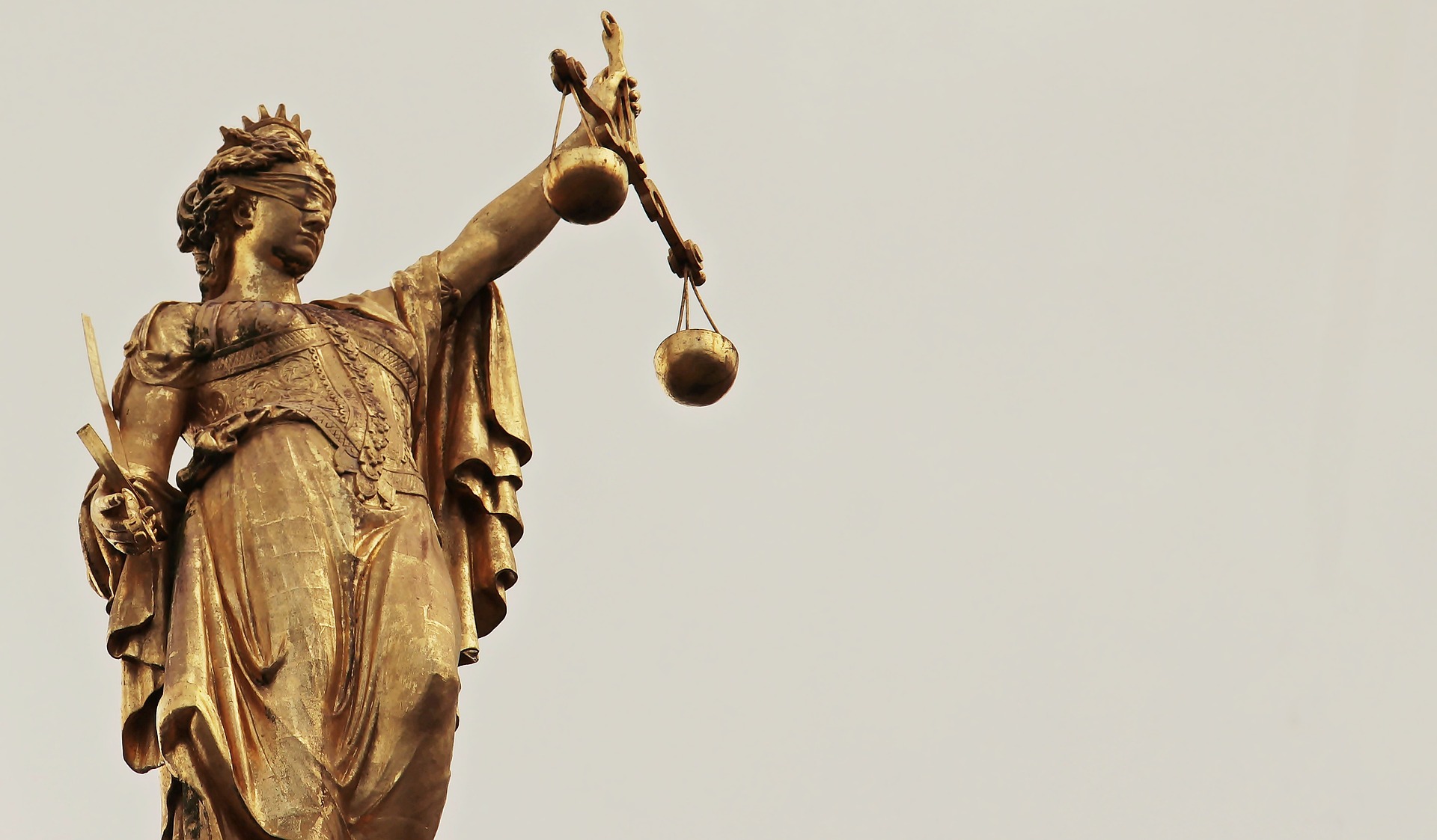The veneer of legitimacy: professional money launderers and how they impact the legal sector

When we talk about crime, and the harm it causes to communities and individuals, money laundering is rarely more than an afterthought. It shouldn’t be; money laundering is key to organised crime.
Without the ability to wash dirty money, criminals would struggle to further their operations and hide their assets. Money laundering underpins and enables organised crime.
What are professional money launderers?
Professional money launderers – or PMLs – are people who, for a fee, provide services to organised crime groups (OCGs) by laundering the proceeds of their crimes.
PMLs launder for multiple OCGs and don’t concern themselves with how the proceeds were generated.
In other words, they’ll just as happily launder for drug traffickers or human traffickers as they will for tax fraudsters.
As HM Revenue and Custom’s (HMRC) threat lead for PMLs, I am responsible for the development and delivery of HMRC’s strategy to completely dismantle or significantly degrade the capability of PMLs handling the proceeds of fiscal crime.
PMLs operate globally. They facilitate the movement of dirty money through multiple jurisdictions and are often based in countries where they (wrongly) think they are out of reach of UK law enforcement.
We also know they use multiple methods and schemes to hide the true source of funds. This includes using the expertise, skills, influence or access of others.
The impact on the legal sector
People working in regulated sectors, such as solicitors – but also the legal sector in general – are of great interest to PMLs.
By exploiting regulated and professional businesses or individuals, PMLs can increase the veneer of legitimacy for their laundering techniques.
They try to hide in plain sight and hope the system isn’t dynamic enough to catch them.
Through HMRC’s criminal investigations, we have identified several ways in which legal professionals can be used in money laundering schemes.
For example, PMLs might use a solicitor to set up corporate structures designed to move illicit funds and disguise ownership. Or they may abuse client accounts to transfer funds to third parties.
This effectively breaks the audit trail and facilitates the purchase of properties used by PMLs to store value, realise the proceeds of criminal activities, or even see an investment return.
Sadly, we come across some legal professionals who are aware they’re working for criminal groups or PMLs and don’t take their regulatory or reporting duties seriously.
In addition to using all the tools HMRC has to disrupt their activities, we are working with the Law Society and other supervisors to share insight, intelligence and leverage other capabilities to make professional life for these complicit individuals extremely difficult.
However, we suspect that many solicitors used by PMLs will likely be unaware of their role in facilitating multimillion pound money laundering schemes.
In such circumstances, we don’t try to make life difficult for legal professionals. Instead, we want to focus on education, building understanding and helping professionals spot PML exploitation and take the necessary next steps.
How solicitors can help in the fight against money laundering. The more we know about PMLs, the better we can respond.
The submission of suspicious activity reports (SARs) is key. These reports are of significant value to HMRC, including in ways that are not immediately apparent.
For example, we use all non-sensitive – that is, terrorist-financing focused – SARs as part of our routine risking processes, including our ongoing intelligence development against identified PMLs.
We are reaching out right across the regulated sector to reinforce the value of SAR reporting to help us build our understanding of PML networks.
But we also want to listen to the experiences of the legal sector more generally and hear the thoughts and views of solicitors themselves.
Apart from SARs, are there other opportunities for the public and private sector to work together to tackle PMLs?
Article Credit : https://www.lawsociety.org.uk/topics/anti-money-laundering/professional-money-launderers-and-how-they-impact-the-legal-sector
